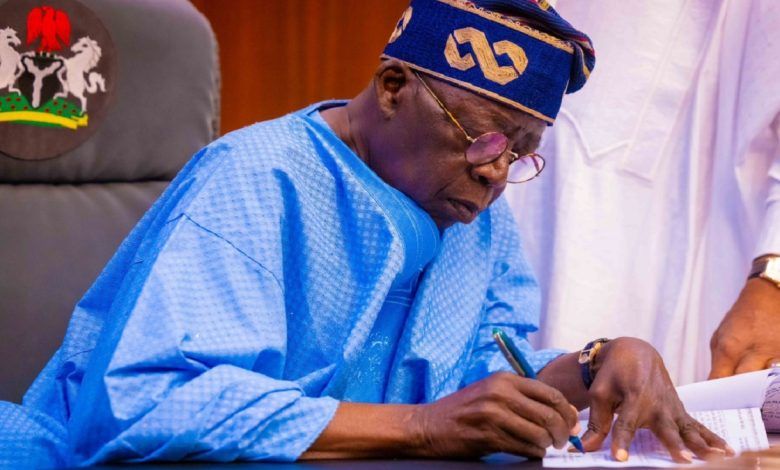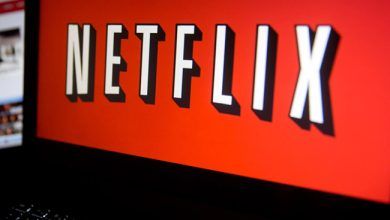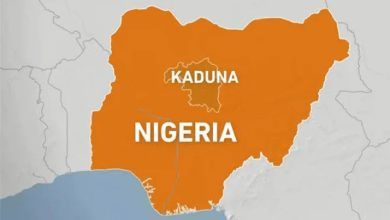
The Nigerian Government of Nigeria has clarified that it is not engaged in discussions regarding debt forgiveness with China, emphasizing that Beijing is open to providing more loans and investing in Nigeria’s economy.
Minister of Foreign Affairs, Yusuf Tuggar, made this statement on Sunday, amidst ongoing proposals for debt relief by Nigeria at the United Nations General Assembly (UNGA).
Nigeria has sought debt forgiveness for several years, yet significant progress remains elusive. During the recent 79th session of the UNGA in New York, President Bola Tinubu, represented by Vice President Kashim Shettima, advocated for reforms in the international financial system to include comprehensive debt relief measures, which would enable sustainable development financing.
When asked about any cancellations of Nigeria’s multilateral or bilateral loans at this year’s UNGA, Tuggar referred to Nigeria’s past experiences under former President Olusegun Obasanjo, stating that debt forgiveness is a gradual process rather than an immediate event. He noted, “The effects we felt the last time we had debt forgiveness did not just happen with one UNGA.”
As of March 2024, the Debt Management Office (DMO) reported Nigeria’s external debt stock at N56 trillion (approximately $42 billion), with domestic debt standing at N65 trillion (around $46.29 billion).
In response to inquiries about whether Nigeria was negotiating with China for debt relief especially after President Tinubu’s recent meeting with Chinese President Xi Jinping Tuggar confirmed that such discussions were not taking place.
He stated, “When it comes to the issue of debt, look at Nigeria’s debt-to-GDP ratio; we are not even among the critically indebted nations.”
Highlighting Nigeria’s financial positioning, he remarked, “As a matter of fact, China is prepared to lend more and invest more in Nigeria in terms of infrastructure development.”
Tuggar also mentioned Nigeria’s intention to join BRICS+ an emerging economic and political coalition at an appropriate time, signifying the country’s strategic focus on diversifying its international partnerships.
Historically, Nigeria’s debt situation has evolved significantly. In December 2004, the country owed a total of $36 billion, of which $30.84 billion was borrowed from the Paris Club, an informal group of major lenders.
Notably, President Obasanjo’s 2005 debt relief campaign resulted in an $18 billion reduction of Nigeria’s debt, following a payment of $12.4 billion to Paris Club creditors.





